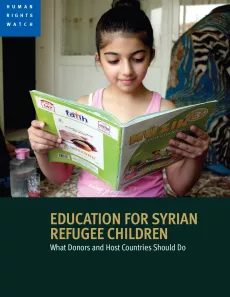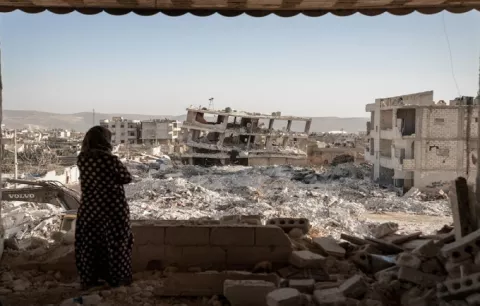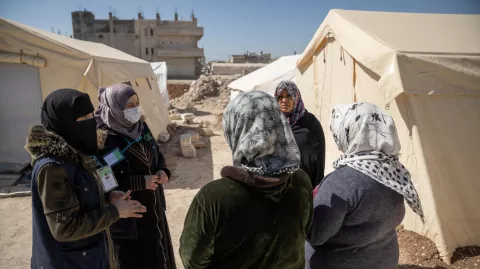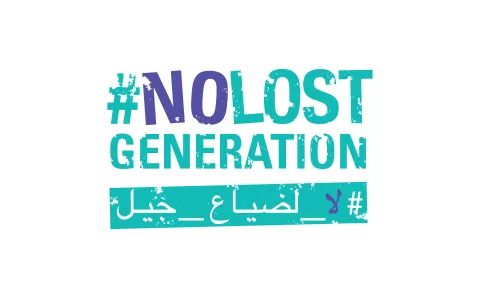Education for Syrian refugee children
Human Rights Watch
Highlights
Education for Syrian children has become a casualty of war: school enrollment rates have fallen drastically, not only in Syria but among children who have fled. Turkey, Lebanon, and Jordan have taken generous steps to provide Syrian children with access to education, yet about half of the 1.5 million school-age refugee children in those three countries were not in formal education last year.
Syrian refugee families told Human Rights Watch that they fled to protect their children’s lives, but that their children’s futures are now at risk. Rates of early marriage and child labor have risen dramatically among Syrian refugee children, and the longer children are out of school, the lower the likelihood they will return and get an education. The lack of educational opportunities is a key reason Syrian refugees want to flee to Europe.
Donor funding in response to the Syria conflict has been crucial to enable host countries to increase classroom spaces, build and renovate schools, hire and train teachers, and develop programs to reach out-of-school children. In February 2016, donors at a London conference pledged more than US$11 billion in multi-year support to meet goals including universal school enrollment in refugee-hosting countries by 2017. Yet the amount of money allocated to date is unclear.
Theirworld, a nongovernmental organization focused on education, reported in August that “most donors have failed to
meet even the most basic criteria for transparency.” To enable adequate planning for the coming school year and beyond so that refugee children can go to school, donors should fulfill their pledges promptly.





